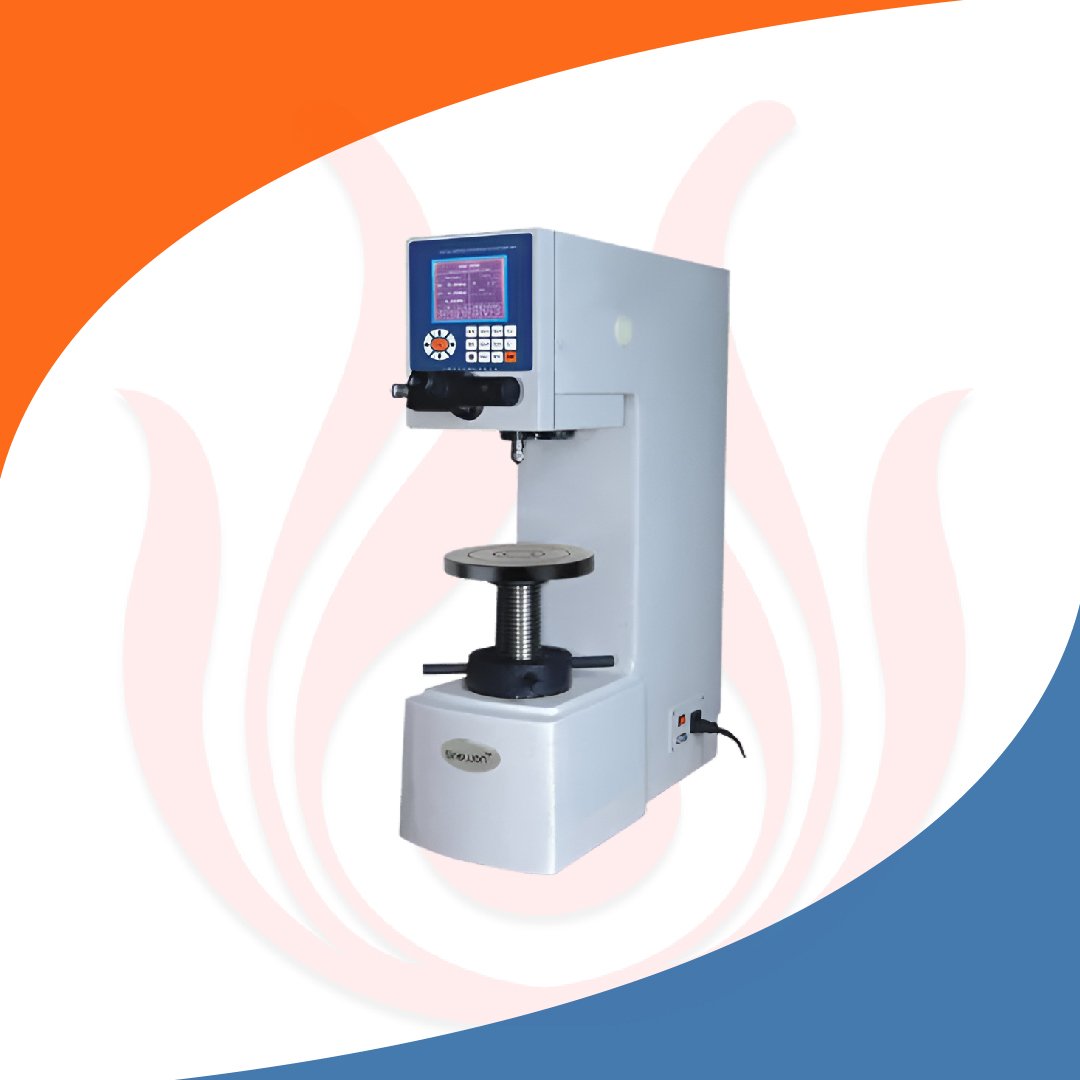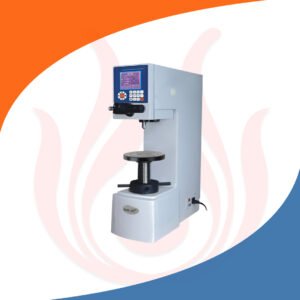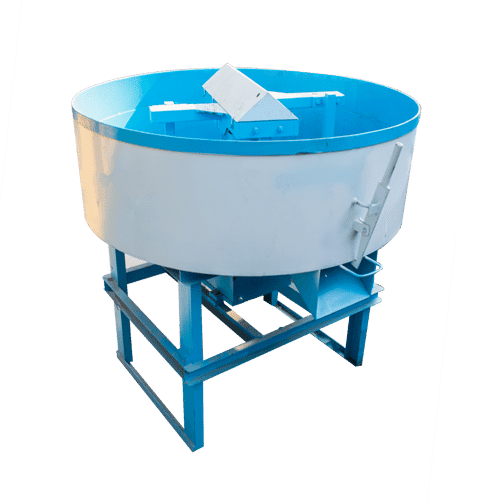Brinell Hardness Testers
- High Quality Materials
- Compliance With Standards
- Clear Product Information
- Warranty & Support
- Product Testing & Certification
- Delivery & Policy
- Ask a Question
- Estimated Delivery: 5 Days – 10 Days
What is birnell hardness tester ?
Brinell Hardness Tester developed by J. A. Brinell in 1900 is one among some vital tools in material science and engineering used to measure the hardness of metals. The test procedure commonly makes use of a spherical indenter, which is usually constructed using tungsten carbide as well as a hardened steel. This impression results in a diameter measurement that serves as a basis for calculating BHN, which is a uniformly obtained figure specifying material resistance to deforming.
The advantage of this procedure is that it works well on rough structures or irregular surfaces including those that are used by the industry as a whole for product checks, selection and research in areas such as manufacturing and metallurgy. The indented Brinell hardness test (with a large indenter and a relatively low applied force) can be used for any type of material including brittle metals and soft ones, such as rubber. Indeed, the Brinell Hardness Testers can be considered as an essential tool which is essential for upholding quality standards within all of the industrial applications that use materials.
Table of Contents
What Are the Key Features of Brinell hardness tester ?
Brinell Hardness Tester incorporates core capabilities, thus making it an important instrument in conducting material tests. This tester employs the use of a spherical indenter which can be made from tungsten carbide and hardened steel to exert accurate forces that are ranging from one kilogram up to three thousand kilograms to produce a huge dent on a materials’ surface. These diverse ball diameters range from one millimetre to 10 mm to accommodate any material and hardness. During this phase, the required dwell time is maintained upon application of the force.
This results in accurate and precise measurements. Its versatility encompasses application on a broad spectrum of materials including metals and non-metals commonly employed in industrial sectors like manufacturing, metallurgy, autos, aviation, structure engineering etc. This is made possible by its ease of use, user-friendly interface and conformity to international standards for standardization thus making it user-friendly and reliable. BHN is a normalised scale for measuring hardness, allowing direct comparisons. The tester is known as one of the most precise and reliable among others, suitable for testing different hardness and other surface materials.
How Does the Brinell hardness tester Work?
Brinell hardness tester is an easy concept but reliable process. A hardened steel or tungsten carbide ball is pressed onto the surface of the material under a predefined load for this kind of testing. This created indentation that is a result of the applied force. Important parameters in this process include indenter diameter normally between one millimetre and ten millimetres, and loading force usually 1kg to 3000 kg.
Dwell time refers to a certain period after which the load is maintained before the removal of the instrument. A Brinell impactor with a rounded-point indenter is used, and the resulted indentation is measured through a microscope or other optical system. Finally, BHN is determined as the quotient of applied pressure and surface area of the indentation. The method is especially suitable for such products which have coarse structures or rough coverings and this provides with an accurate evaluation and unifying indicator which can be applied to all kinds of manufactured items.
The Brinell Hardness Tester’s simplicity, versatility, and ability to accommodate various material types make it an essential tool in material testing and quality control in industries ranging from manufacturing to metallurgy.
What are the usage and Application of Brinell hardness tester ?
A Brinell Hardness Tester is a commonly used tool that can be used by different areas of industry due to their ability, reliability, and accuracy of determining the hardness of certain materials. It is significant in quality control in manufacturing whereby materials are taken with certain hardness level specified. It is more advantageous when compared to other processes especially on metals with dense structure like castings and forged materials.
The Brinell Hardness Tester is used to carry out characterization and materials selection in metallurgical process, with its decision focused towards metal suitability to selected uses considering the elemental property. Furthermore, it is involved in the studies concerning the hardness behaviour of the new material or the alloy. Hardness testing the structural materials (e.g., steel) used in the construction industry via Brinell test ensures structural safety and compliance to durable standards. It is used in automotive industry to determine the amount of hardness on some essential items such as engine parts or gears.
Therefore, the Brinell test is also used by the manufacturers of the aerospace industry in examining the hardness of materials used in the making of aircrafts. The Brinell hardness tester in general is one of the important devices that give critical information regarding material quality verification, research, and product development. It becomes a more favoured approach due since it facilitates the use of different materials and surfaces which enhance the reliability and efficiency of such product.
What are the Advantages and benefits of Brinell hardness tester ?
Brinell Hardness Tester has many benefits; therefore, it is considered one of the fundamentals in material testing. It has a unique capability in detecting the coarse grain structure and irregular surface of materials thereby providing accurate outputs in cases where others will fail to produce meaningful results. Its simple operations enable even amateurs to employ it as a quality control measure. Comparable hardness value readings are readily interpretable, with each given BHN standardized as a unit without being dependent on material or size specifications.
Its adaptability ranges from different substances comprising of metals and non-metals; that is why it is capable of giving accurate results even as a surface’s finish varies. Furthermore, the usefulness of the Brinell test in research and development offers a basis for investigation into new materials and alloys. In manufacture, metallurgy, automobile, aerospace, and construction industries, it is an essential tool that makes sure high-quality and dependable characteristics of used products, easy-to-use character and standardized measurement parameters.
Why Buy From Lotus Traders?
Selecting the Lotus Traders’ Brinell hardness testing equipment is advisable for both companies and laboratories. The fact that it has successfully been used in testing the hardness for many years as well as coarse structure or uneven surface proves its dependability and flexibility for such type of test procedures is evident. As a respectable and reliable supplier Lotus Traders guarantees all its clients that, in addition to high quality and Brinell Hardness tester, all of them will enjoy professional service, high customer and product satisfaction.
The convenience of use, common Brinell hardness number, and flexibility to different materials make this instrument necessary for quality control, research, and development in many fields. Customers will purchase the latest testing equipment by selecting Lotus Traders and join hands with a reliable supplier of material testing solutions thus helping them have high quality products, reliability and improved overall operation.
Frequently Asked Questions
Brinell testing is the most appropriate because it allows easy assessment of heavily structured materials. It uses a big indenter and a low-test force, making it effective with many materials and reliable at different toughness values.
The Brinell hardness test is one of the most common techniques involving an indentation test whereby a spherical indenter is employed on a surface of material at a prescribed load. This leaves an indentation, which is subsequently measured to yield the value of Brinell’s hardness number.
Yes, Brinell testing ensures that the materials employed in the production process conform to the accepted toughness standards.
It is useful in the development of new materials or alloys where one needs to explore the hardness of new materials through the Brinell test for example.
Compared with some other hardness testing methods, the Brinell test is more reliable as it is less sensitive to surface finish variations in realistic testing applications.
Brinell hardness testers are simple machines that can be used by different kinds of workers, irrespective of their level of skill.
Measurement of cement’s setting time and consistency is critical before using it for construction because the quality of various building materials depends on it. Moreover, the Vicat needle apparatus is coupled with a modernized dashpot instrument for precise readings. It incorporates a precisely calibrated needle along with a modern dashpot system that presents vital information about the primary and ultimate setting times of cement, thus revealing pertinent details regarding the workability as well as the setting properties of cement.











